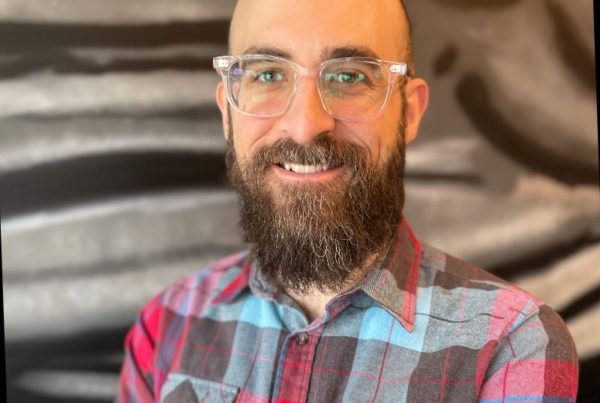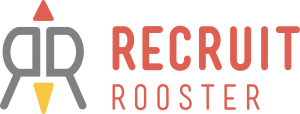My house is a 21-minute drive from the RocketBuild office, which was plenty of time for me to think about all the things I would and would not do during my first day on the job as a Junior Developer in 2017.
I was fresh out of a coding bootcamp and armed with all the development knowledge a 12-week course can provide (not a lot). As I coached myself up for my first day of my new career, one thought prevailed above all others – don’t act like you know things you don’t. It was no secret to the team that I was as green as could be and would be learning a ton early on. This was ok. Everyone was eager to help and teach. I was in a perfect situation to be a vulnerable sponge.
Don’t act like you know things you don’t.
I blew it. Not 5 minutes into my first team meeting I pretended I was familiar with a client we were working with. “You know Kiwanis, right?” a new teammate asked me in front of everyone. I’d literally never heard the name before. I didn’t even know it was a company. (Super cool organization, turns out. Check them out here.) My first thought was it was some kind of development tool or language I should have known about. What kind of an idiot would I be if I didn’t know that, right?
What kind of an idiot would I be if I didn’t know that, right?
When people (like me) pretend they know more about something than they do — it’s because they feel pressure to do so. At its core, this behavior is a result of Imposter Syndrome or an internal experience of believing that you are not as competent as others perceive you to be. Because some of us feel the need to live up to a perceived expectation people have of us, we keep interactions comfortable for ourselves by playing along like we know what people are talking about in most every situation.
There are two big issues with all of this grown-up make-believe:
- People probably know you’re full of it. And if they don’t, they’ll likely find out soon enough. Ironically, your elaborate ruse to trick everyone into thinking you’re smart leaves you looking like quite the dullard.
- You learn nothing. Being transparent with people about what you don’t know almost always means you’re going to learn something new. Bonus: you won’t feel pressure to lie about it when the next person brings it up in conversation.
Being genuine with people about what you know and what you don’t know really pays off:
- You put yourself in a great position to learn something new.
- You inherently communicate trust and confidence to those around you.
So, as we head into the New Year consider your approach to situations like these and be sure you’re making the most out of the next Kiwanis curveball someone throws your way.









